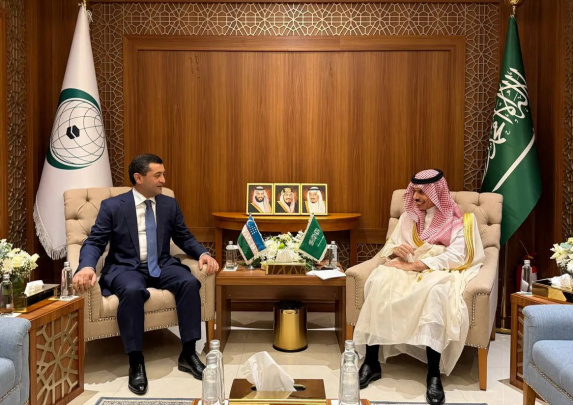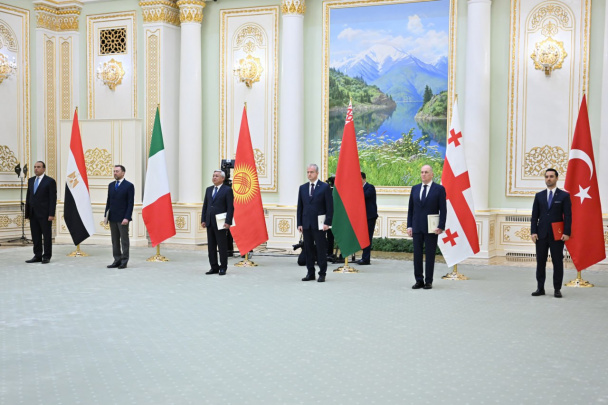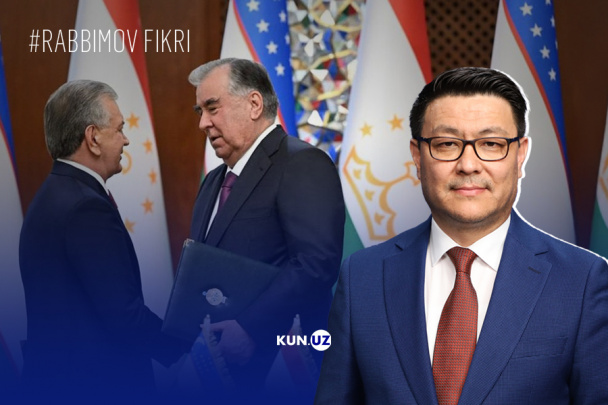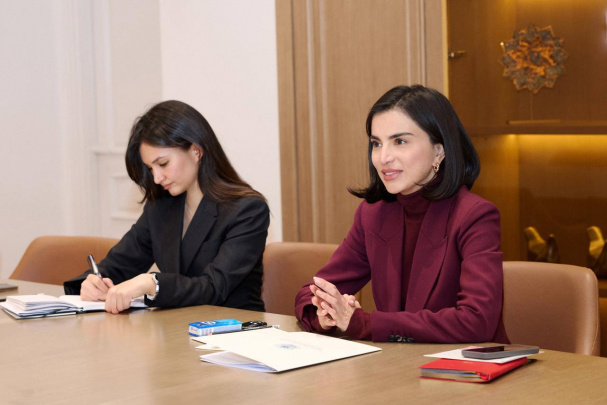Brussels awaits Mirziyoyev’s visit after historic summit in Samarkand
In April this year, Samarkand will host the first "EU – Central Asia" summit, marking a significant milestone in the development of relations between the EU and the countries of the region. Initially scheduled for 2024, the summit has been postponed until 2025 due to the formation of new leadership in the European Union.
Relations between the EU and Central Asian countries have a long history, encompassing cooperation in various areas such as economics, security, culture, education, and more. The first formal summit at the highest level highlights both parties' commitment to strengthening and expanding these ties. It also symbolizes the growing importance of the region in international affairs and the EU's recognition of its strategic significance.
"Central Asia has long been an overlooked region for the European Union, one that did not receive enough attention. However, after 2022, we have seen Central Asia emerge as a central player in the Eurasian region, especially in terms of global transport routes," said Oybek Shaykhov, Secretary-General of the Europe-Uzbekistan Association for Economic Cooperation (EUROUZ), in an interview with Kun.uz.
Uzbekistan's President Shavkat Mirziyoyev discussed the preparations for the summit with European Council President Charles Michel by phone. Michel expressed his expectation for Mirziyoyev to visit Brussels this year to sign the Extended Partnership and Cooperation Agreement (EPCA), a revised cooperation framework replacing the existing Partnership and Cooperation Agreement (PCA) signed in 1999.
The new agreement covers a broad range of areas, including trade, investment, legal harmonization, energy, digitalization, as well as security and sustainable development policies.
"The Extended Partnership and Cooperation Agreement between Uzbekistan and the European Union will usher in a new era of economic cooperation between the two sides. This agreement will determine how the EU interacts with Uzbekistan for many years to come," noted Shaykhov.
He expressed hope that the planned visit by Uzbekistan’s President to Brussels this year will pave the way for new and stronger relations with the EU.
The deepening partnership between the EU and Uzbekistan comes amidst Europe’s growing interest in Central Asia. In 2019, the EU adopted an updated strategy for the region, aimed at fostering sustainable economic growth, strengthening ties, and supporting reforms. In this context, Uzbekistan plays a key role as the most populous country in the region and as a driving force behind large-scale economic and political reforms.
Related News

13:31 / 10.03.2025
FM Bakhtiyor Saidov holds high-level talks in Jeddah with GCC and MENA counterparts

18:15 / 06.03.2025
Shavkat Mirziyoyev receives letters of credence from ambassadors of six countries

16:23 / 06.03.2025
Who are Uzbekistan’s allies, and who could join in the future?

11:59 / 06.03.2025



